Twitter It is a social network that allows you to write and read messages with a maximum length of 140 characters. These messages are known as tweets
Twitter is a good tool in the education sector, since it allows teachers to be up to date on the educational novelties that are published day by day.
In this post I propose a List of educational hashtags so you can stay informed about everything that is discussed on Twitter related to the world of education.
What is a hashtag and why should you use it?
A hashtag is a word that begins with the symbol “#” (pad) that is used within a tweet to label a theme.
Twitter is an endless source of information. If you follow several users, you will know that it is practically impossible (in addition to unnecessary) to read all the news and find those that really interest you or can be useful.
Therefore, a good way to filter the contents is to use hashtags, since these allow to identify in a simple way the issues that are related to each tweet published. That is, it would be like a kind of title that identifies them.
Who can use hashtags?
Everyone! When you tweet, you can add the word you want with the symbol “#” in front of. In this way, anyone who is interested in that topic can recognize what your tweet is about.
You can also use the Twitter search engine to find hashtags that interest you. For example: #elearning
How are hashtags used?
When looking for a hashtag on the Twitter search engine, all the texts that have been marked with that label will appear, regardless of whether or not you follow the users who have published them. In this way you can discover new profiles of people who tweet issues that are of your interest and, if you wish, you can follow them.
Some tricks when using hashtags
- Don't abuse hashtags In your tweets. It is advisable to use two or three tags for tweet
- Try that the hashtags you use in your tweets They are not too long. Keep in mind that you have 140 characters for tweet and of course the hashtags count as characters
- Los hashtags They can be anywhere of your tweets. You can add them to the beginning, in the middle or at the end. If you use them in the middle of the message you can include them as part of the sentence. For example: “The hashtags allow #profesores to filter content and #recursos educational of their interest”
- Los hashtags do not distinguish between lowercase and capital letters (Therefore, whether you are looking for #infantil and #infantil you will find the same results). Nor distinguish the tildes (Therefore, whether you are looking for #education and #educacion, the same results will appear)
- You can use existing hashtags or create them yourself. Simply remember writing the symbol “#” and then the word or phrase (without spaces!) That identifies the topic on which your tweet
- Be careful not to use a hashtag that has been created with another, since when people filter the contents would find issues that do not fit. As anecdote: Paulina Rubio tweeted a couple of weeks ago using the hashtag #PAU2015 thinking that it had been created by her followers, when in reality she was a hashtag created to follow the novelties on the university access tests (PAU). The jokes of the users soon arrived. Is the end of the world? No, but it was not the objective of that hashtag and therefore does not allow the contents to be filtered: neither for Paulina fans who want to find information about the singer, nor for students and people interested in following the novelties of the selectivity
19 educational hashtags to be up to date on Twitter's novelties
Educational hashtags in Spanish:
- #Docentes
- #Profestors
- #school
- #education
- #educachat: Talks about education
- #educatic: Education and new technologies
- #abp: problem -based learning
Educational hashtags in English:
- #Edchat: Talks about education
- #elearning: Online training
- #mlearning: Learning through mobile devices
- #spedchat: Special Education Talks
- #edapps: Apps educative
- #NTAK: Talks for new teachers (NT: New Teacher)
- #flipclass: Flipped Classroom (inverted class)
- #ypadedu: educational resources for the iPad
- #k12online: Online educational resources for students from 3 to 18 years
- #K12: Educational resources for students from 3 to 18 years
- #byod: Bring Your Own Device (bring your own device)
- #pbl: Project Based Learning (project -based learning)
Of course there are many more hashtags related to education. If you wish, eat me or tweet @cristic2day With your suggestions about other educational hashtags that you consider of interest.
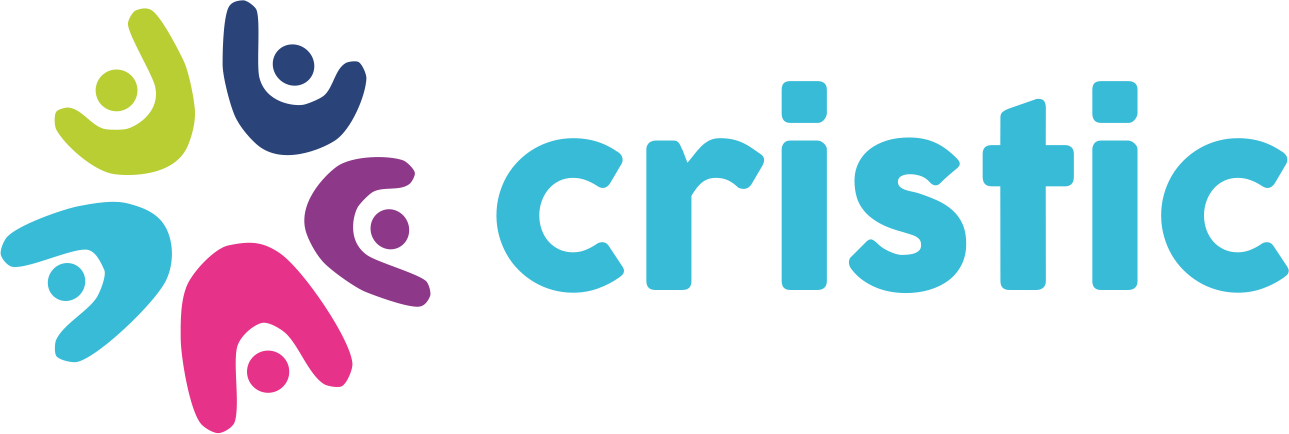
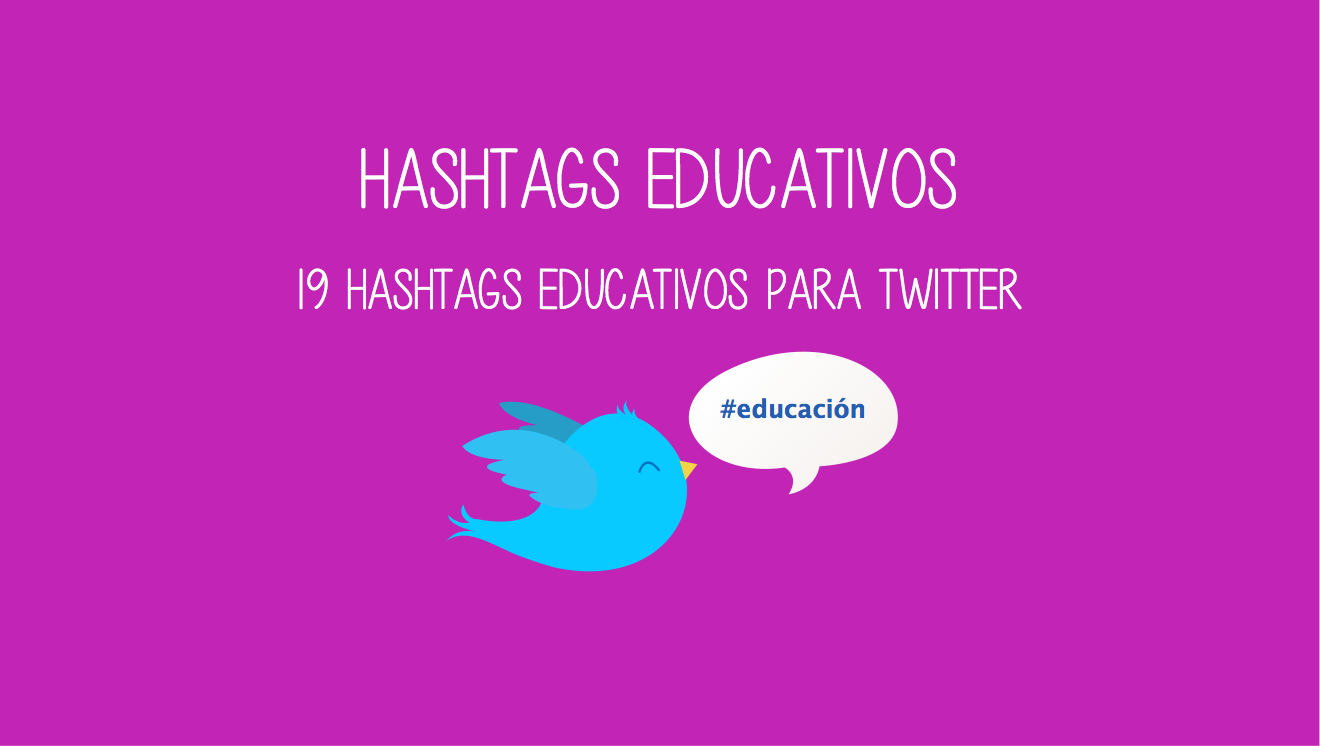



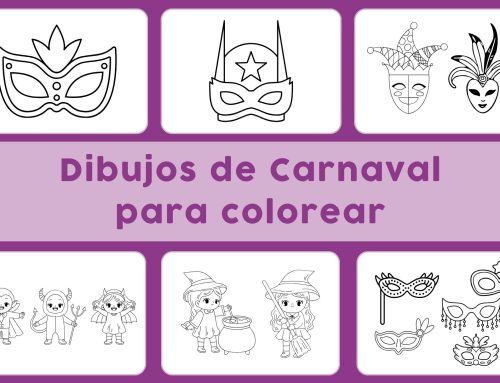
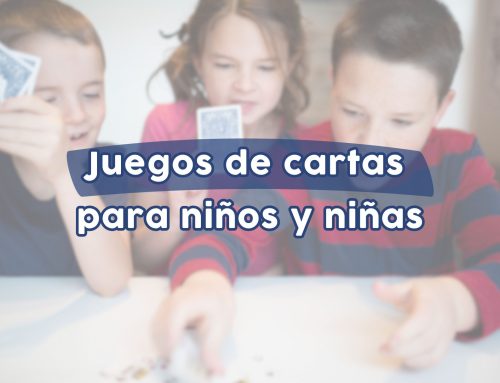
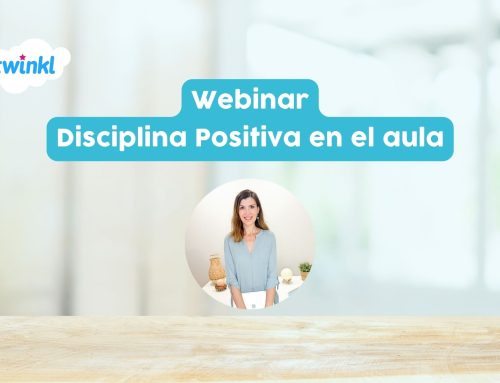



Thank you very much Eulalia!
Thanks to you
Thank you very much Crister !!
Thank you for all this interesting information.
Thanks for all this interesting information.
Thank you for all this interesting information.
Thanks Claudia
Reading suggestion: Roberto Cuadros-Muñoz and Javier Villatoro (eds.): Twitter in the teaching and learning of Spanish, Malaga, Digitalingua, 2014. Full text in http://digitalingua.net/ediciones/twitter/
Very useful. Thank you
I have shared the article on ScoopIt
I love infographics, Chulisimaa
Thank you very much Erik for expanding the hashtags list. Greetings!
Hi Andrés, I'm glad to know what it is useful. See you soon!
Hello Clara!
I created the infographic with the IDRAW program available for Mac. There are many websites to create infographics, for example: https://www.canva.com y http://piktochart.com
Hi Silvia! I'm glad to know what you liked
Ok, I will take your suggestions into account. Greetings!
Thanks Pedro! We continue in contact
Thank you very much for your contributions, Martín!
Thanks Daniela for your words!
Hello!! I have been following you through Twitter for a long time and now I have also joined your blog and Facebook. Congratulations on the magnificent work you do selflessly.
I wanted to comment on some other hashtag that I use on Twitter:
#gbl games based learning
#MusedChat for music teachers (I give music in children and primary)
#esl English as a Second Language, for English teachers
I hope you seem interesting
Hi Cristina:
What a good list of educational hashtags, it will be very good for me because I just started using Twitter recently and I didn't know that he could get so much out of the hashtags.
Greetings!
Andrés
What a beautiful infographic! Could you tell me what web you used to create it? Thank you!
Very good entry, I especially loved the infographic!
I wanted to ask you if you could do some post about how to use Twitter, Facebook and other social networks in the classroom. I would like to start using one of them with my students but I don't know what option would be the most appropriate.
Thank you so much! I follow you on your blog, on Twitter and Pinterest !!!
Hi Cristina, I found your blog in a recommendation they made on Facebook and I have to say that I love it. I already follow you to not miss your novelties. Thank you!
I wanted to contribute a couple of hashtags recommendations to expand the list that you propose:
– #MOOCS: MOOC courses recommendations
– #STEM: Science, Technology, Engineering and Mathematics
Gracias!
Wow, Graaaaacias for so many tips and recommendations. I love your blog !!!